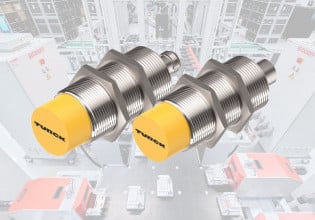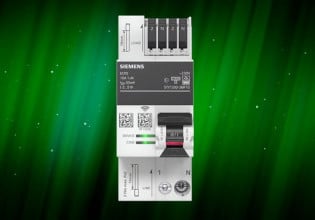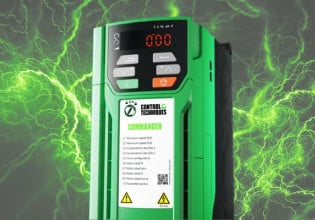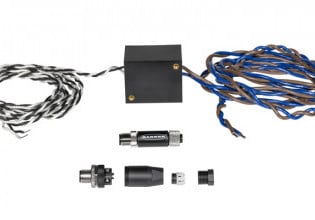A
i need to know about the sensors, transducers and transmitters used practically as of today on the field for pressure, level, flow, and temperature.
i need this to read and study only those instruments which are useful for today, as the book contain lot of them including unnecessary instruments.
thanks.
i need this to read and study only those instruments which are useful for today, as the book contain lot of them including unnecessary instruments.
thanks.






